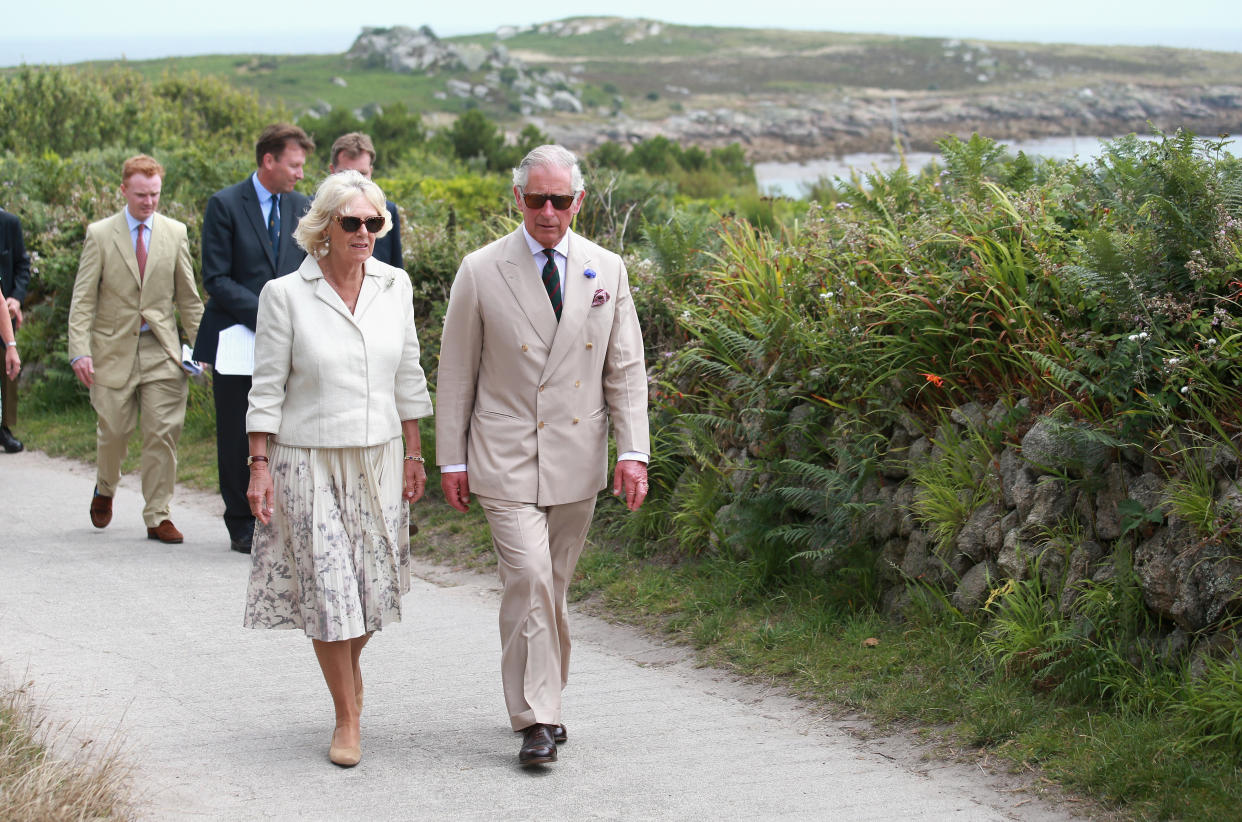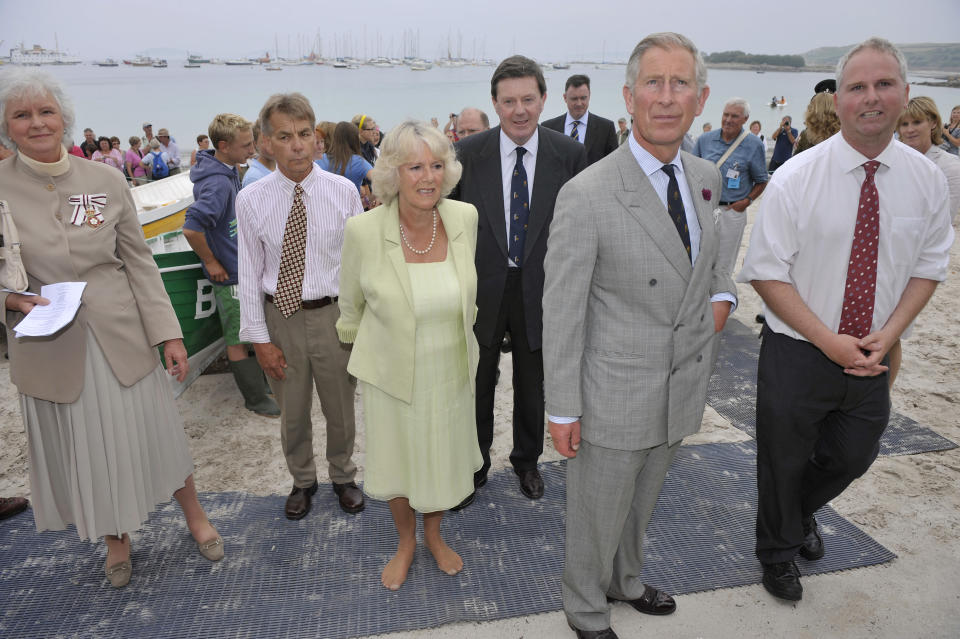Prince Charles offers tenants three-month rent deferral amid coronavirus pandemic

Prince Charles is offering tenants on the Duchy of Cornwall estates a three-month rent holiday as they brace for a quiet spring amid the coronavirus pandemic.
It comes as tenants complained of rent hikes on leases, with some reporting jumps from £100 to £7,000 on the Isles of Scilly.
The prince owns 135,000 acres as part of the Duchy estate, which made £21 million last year and on which he charges rent to leaseholders.
Unlike other places in the UK, property owners on Duchy land don’t have the right to buy the freehold, and a recent increase in prices has left some frustrated with the Prince of Wales.
Read more: Coronavirus: Prince William and Kate praise NHS staff in visit to 111 call centre
But the Duchy has argued that many changes are based on factors outside their control.
The prince offered rent deferrals for three months to leaseholders in light of the coronavirus pandemic, to reflect the expected loss in revenue.
However, tenants will have to arrange to pay the rent over a period of up to two years, but with no interest charged.

Many original leases were granted at low annual rates throughout the term but are now being reassessed on new terms which the Duchy cannot set.
Talking to the BBC, Alan and Glenda Davis said they were “shocked” when they found out they didn’t have the option to buy the freehold.
They purchased a 99-year lease in 1985.
Mr Davis said: “For us it means we can't take money out of the house, we can't have equity release, we can't mortgage it.”
Read more: Coronavirus: How the Queen and her family have been affected?
His wife said she found herself making “the garden look nice for someone else's benefit because at the end of the day the house will go to someone else”.
Mr Davis claimed he had no idea of the limitations when he made the purchase, of which the lease still has 75 years to run.
He said: “I just want the same rights as everybody else. It needs to change. The whole thing is medieval.
“There's a campaign going on to abolish leaseholds and replace it commonholds.
“People are very fearful of the Duchy. They don't want to prejudice their position. I have been fighting since the late 1990s.
Read more: Coronavirus: Queen urges people to play their part in period of 'concern and uncertainty'
“It's got nothing to wanting the monarch to be abolished - it's behaviour that's not acceptable.
“The Duchy have now said you can go to tribunal but the costs of that are enormous.
“A few years back we had a group who tried to bring some court action. I consulted some lawyers and QCs. But the outcome was: ‘Don't do it.’
“The rent problem doesn't apply to me but it does seriously to others. One lady has jobs galore to pay the £7,000.”

Fellow resident Marian Bennet said she found the system “feudal and unjust”.
She has lived on Scilly for 50 years, and has been renovating a boathouse into a one-bedroom apartment.
But she only has a 21-year lease on the building and so could not leave it to her children.
A Duchy of Cornwall spokesperson: “The Duchy follows the statutory formula for setting ground rents and if there is any disagreement, tenants can request that the rent is assessed by an independent rent tribunal.”
Latest coronavirus news, updates and advice
Live: Follow all the latest updates from the UK and around the world
Fact-checker: The number of COVID-19 cases in your local area
Explained: Symptoms, latest advice and how it compares to the flu
In a letter to tenants, the Duke of Cornwall told tenants those with rent of £3,000 or more can defer their payments between 25 March and 24 June, and repay in instalments over two years without any interest charged.
The legal right to buy a freehold was established in 1967 and confirmed in law in 2001. But the Duchy of Cornwall is exempt.
The current formula used to calculate ground rent is causing increases around the country, but is under review. The Duchy of Cornwall supports the review.
The Prince of Wales voluntarily pays income tax on money the Duchy brings in, but doesn’t pay capital gains tax or corporation tax.

 Yahoo News
Yahoo News 
